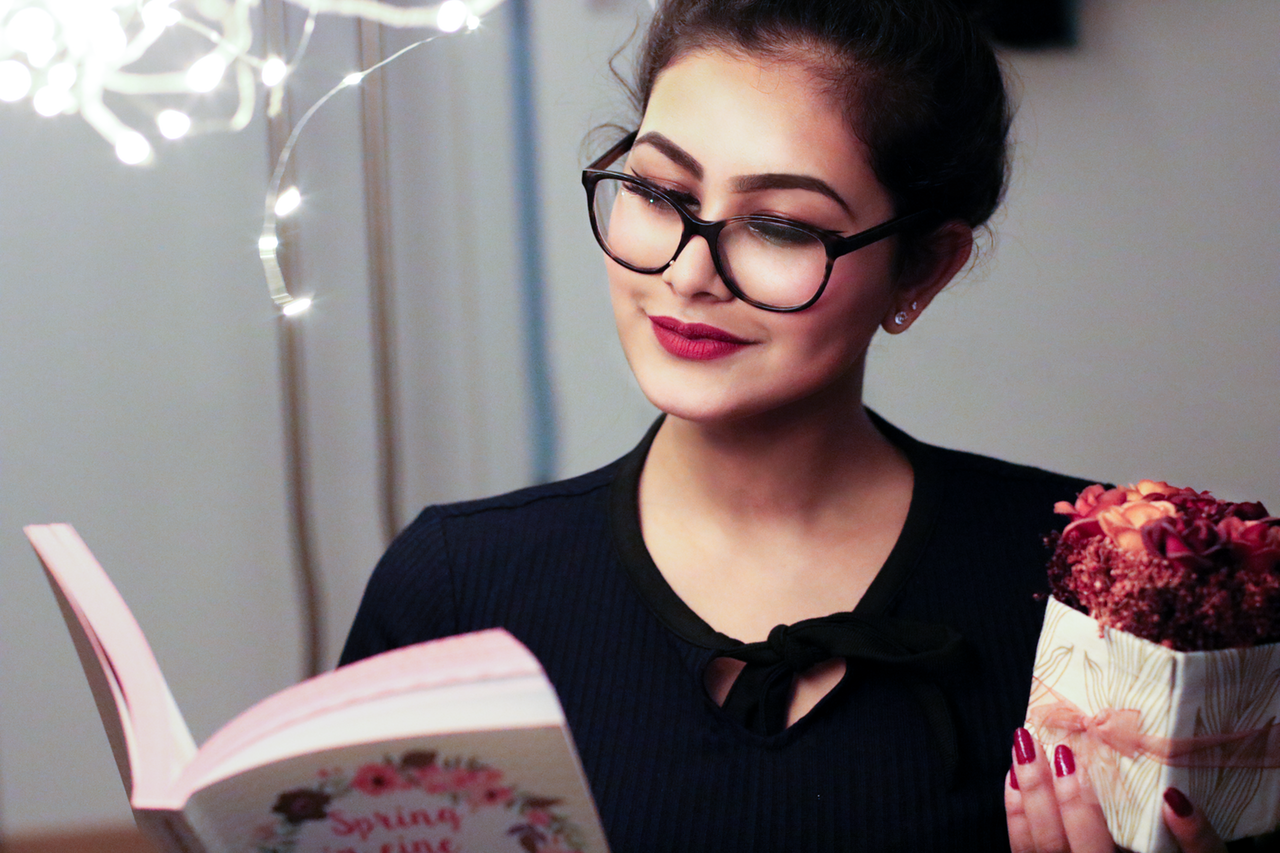The Importance of Reading Other Genres
Stop me if you’ve heard this one before: You can’t be a good writer without being a good reader.
Every writer knows that being good at your craft requires an unhealthy addiction to reading. After all, how will you discover new worlds and new words without near-constant exposure to new literature? I don’t even think it’s humanly possible to write without reading.
But being a good writer is not just about reading, it’s also about what you read. It’s human nature to get caught up in one particular genre of literature and consume only that. However, as a writer and lover of language, you’re called to a higher standard. In order to tell the best story in the best way that you can, you need to immerse yourself in different genres, not just your preferred one. In this post, we’ll discuss why reading other genres will improve your skills as a writer. Let’s get started.
Here are the top 4 books to read in each of the most popular literary genres. Subscribe to receive this extra resource.
Understand the Type of Writer You Want to Be
If you’re a new writer, it’s especially important for you to be well-read across multiple genres.
You shouldn’t limit yourself to one literary category as a new writer because you don’t know what you don’t know. You may have a passion to write, but if you’ve only had limited exposure to literature, you may write end up embracing and writing in a genre that doesn’t suit your skills. Reading from various literary categories allows you to find where you belong.
You may surprise yourself. You may even find that your writing style fits best into literary fiction. For more information on literary fiction, check out this post: What is Literary Fiction?
Get Inspired

If you’re an avid reader of a particular genre, you’ll eventually grow tired of the same old tropes. Inevitably, you will feel like you’ve read every single story possible in your genre. This tends to be true for two reasons: each genre comes with its own conventions and most writers slavishly obey those conventions. After a while, you’ll become so familiar with those conventions that you can predict the beginning, middle, and end of each story. How boring! And if you constantly read predictable stories, you’ll eventually lose your love of reading. How tragic!
This is why you need to read stories in different literary categories. Exposing yourself to different story styles will stoke the flames of inspiration. Remember that inspiration often comes from unfamiliar places.
Feel like you’re reading and writing the same old stories, be sure to check out this post: 5 Writing Cliches to Avoid.
Learn More About Your Genre
Sometimes, it can be difficult to see the uniqueness of your preferred genre. This is especially true when you only read works written in the same genre.
However, once you step outside of the familiar, and start reading completely different styles of storytelling, you’ll gain a new appreciation for your preferred genre.
But something else may happen. You may discover that your writing style is not bound to one particular genre. Perhaps your writing style can fit into multiple genres. This realization that you should write in a totally different genre may be just the plot twist you need to pen a killer story. Perhaps you've embraced the genre of contemporary romance but your story is more suited to romantic suspense. By exposing yourself to this new genre, you may find that the story in your head works better in a different literary category.
Reading from different genres will give you a deeper and richer appreciation for the genres that you’re familiar with.
Exposing Yourself to Good Writing
Good writing comes from various sources. Just because you write in one category, it doesn’t mean that there’s not good writing in other categories. As writers, we often have on blinders and are unable to see beyond our own lane. However, if you wander off of your beaten path, you’re likely to find inventive storytelling that will elevate your own abilities.
Learn New Techniques

Always write political thrillers? Why not venture into young adult or urban fantasy? Are you a romance writer? Why not venture into police procedural? The idea here is to start reading from a genre that’s as radically different from your own as possible. This allows you to focus in on the actual elements of a story such as character, conflict, setting, theme, and plot. Seeing how a writer from a different genre weaves the tale can force you to reevaluate your own methods.
This adventure may also help you strengthen up your weak areas. Let’s say you want to improve your ability to write comedy. Even if humor is not a natural talent of yours, you may still be able to develop comedic timing by studying fictional humor and satire. (Want to learn how to write humor? Check out this post: The Writer's Guide to Humor.)
After spending time in the pages of other genres, it can be refreshing to return to your own familiar genre. You’ll notice nuances that you never considered before. In fact, when you return to your own genre, you may see brand new ways to tell the same old story without breaking conventions.
By the way, do you struggle with imposter syndrome? Check out this post: How to Overcome Imposter Syndrome as a Writer.
Read Poetry, Too
Reading other genres isn’t limited to prose. Don’t forget to read poetry, too. I’m a huge advocate for reading poetry because it exposes you to a greater, richer vocabulary. You’ll definitely expand your word power when you immerse yourself into a good poetry anthology. The poetic manipulation of words can reinvigorate old ideas and force the reader to see the world differently.
All literary writing can benefit from a subtle (or even overt) infusion of poetry. And by frequently exposing yourself to quality poetry, you will no doubt be more poetic in your own writing. The lyrical, symbolic, and rhythmic nature of poetry is contagious and will absolutely affect your prose writing in a positive way.
Read Your Genre With New Eyes
You may have an opposite problem. You may actually enjoy reading every genre but struggle when reading your own. While we’ve spent the majority of this article highlighting the benefits of reading other genres, that’s not to suggest that you should forgo reading your own preferred literary category. You absolutely should read from your own genre, and do it often. Don’t just cling to the classics that define your literary category. You should also explore the latest trends in your genre by reading the new releases. You may find renewed inspiration in the way that others in your genre choose to tell a story.
Final Thoughts
Great writing is the result of a lifetime of great reading. Exposure yourself to new genres and improve your writing for all of the reasons that we discussed above.
What your favorite genre to read and why? Let us know in the comments below. And if you’re looking for reading recommendations for other genres, don’t forget to download our list below!
Here are the top 4 books to read in each of the most popular literary genres. Subscribe to receive this extra resource.
